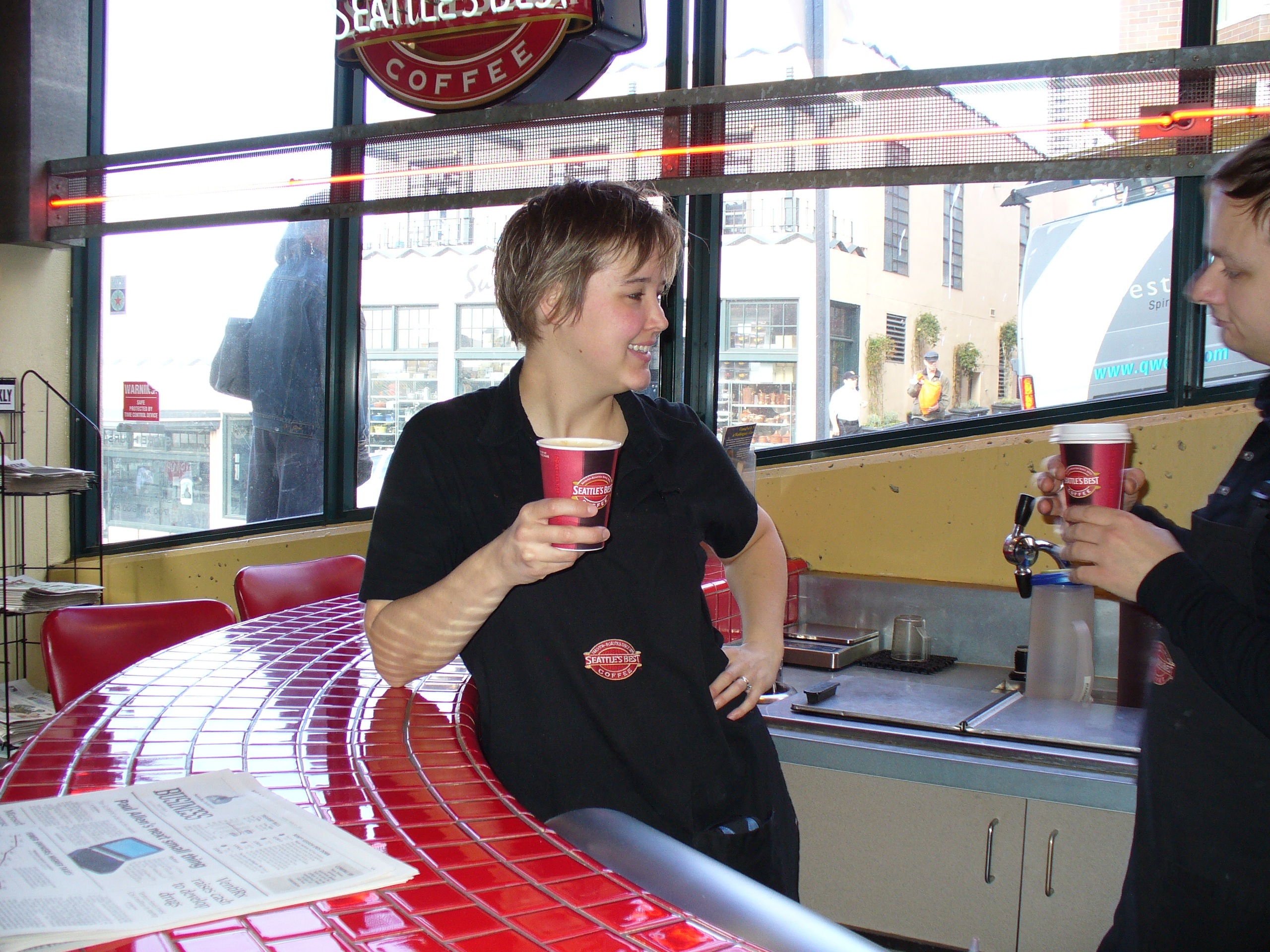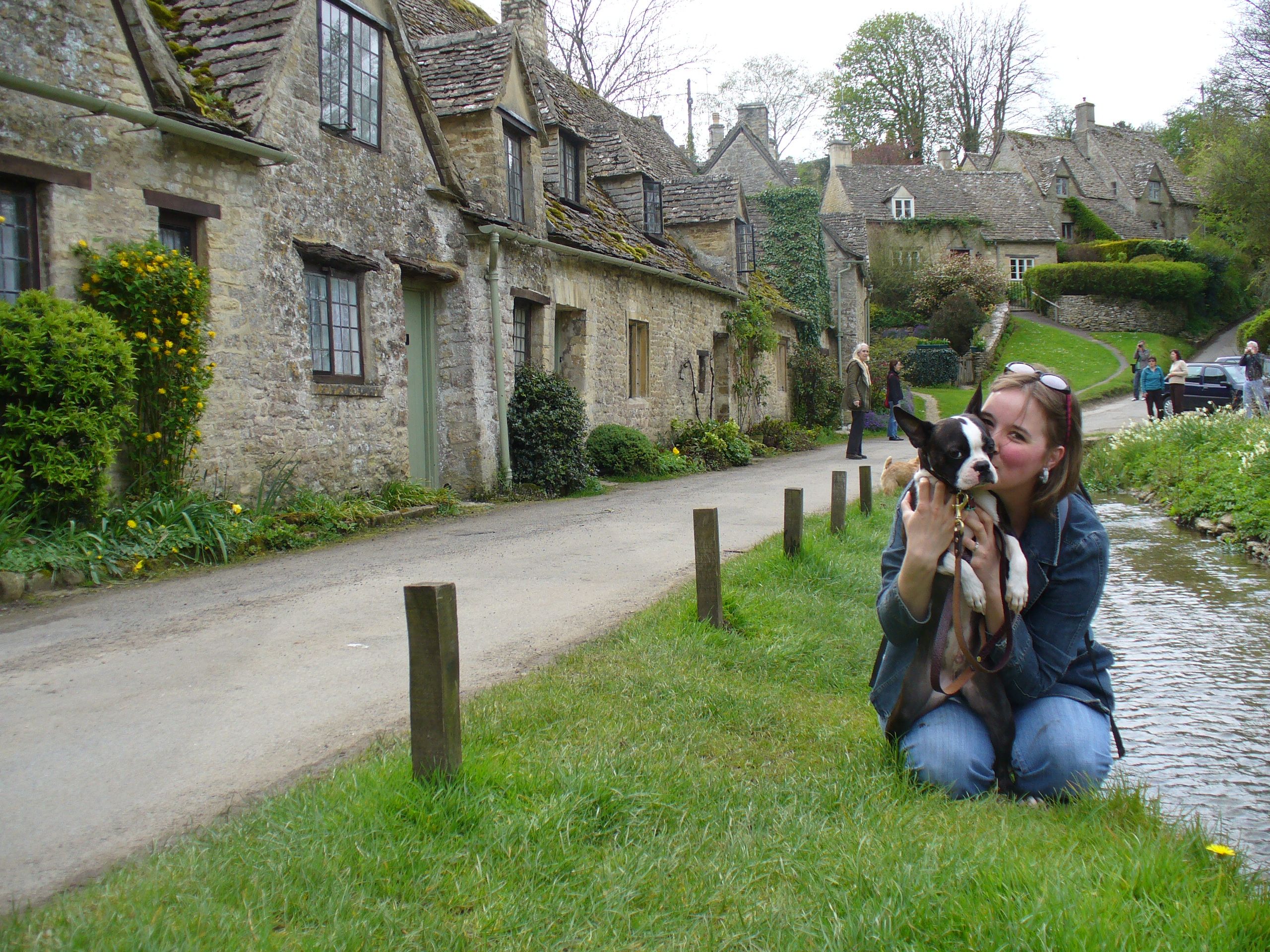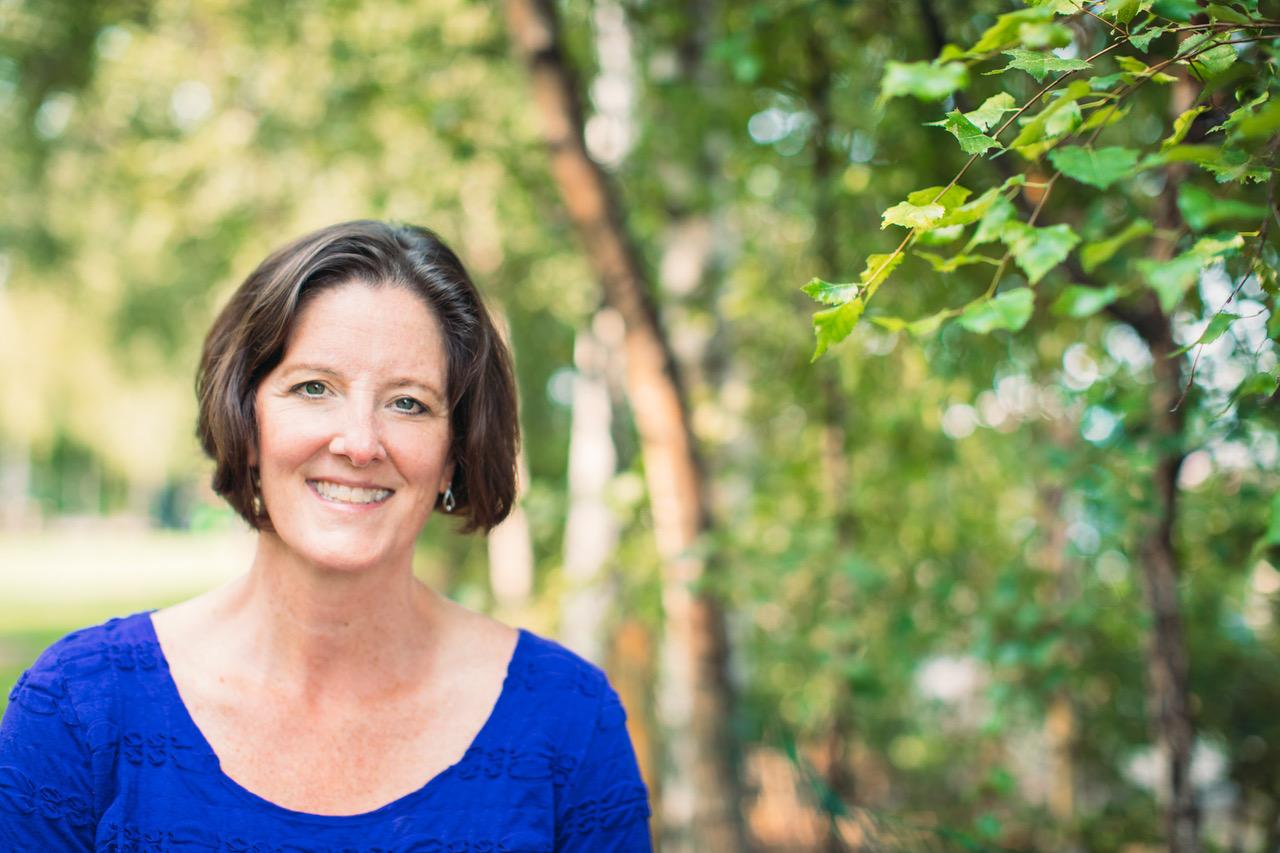When “home” is a moving target by Ben Irwin
I got to know Ben Irwin when we both worked for Zondervan – but in different countries. He and I had the privilege of launching Rob Lacey’s amazing The Word on the Street, the Bible in street language. We both loved Rob, and hated seeing him battling cancer, but I think we’d both say that working with him on such a creative project has been a highlight of our editing careers. We’ve both moved into writing, which as you’ll see in Ben’s piece has been a process and something to be embraced (which is true for me too). I love his thoughts on home. Enjoy!
Finding your home can be tough when you’re always on the move.
I was born on the East Coast of the United States but spent my formative years in the Deep South, where the minute someone heard my accent for the first time, they would invariably say, “You’re from the North, aren’t you?” It was more accusation than inquiry.
There was a time (before kids) when it seemed like my wife and I were always packing, moving, unpacking—only to repeat the cycle soon after. Five times in four years we moved. Michigan to Seattle. Seattle to England. England back to Seattle. Seattle to Tacoma (a cheaper, more laid back version of Seattle about 30 miles south). Tacoma to Michigan.
With every move, we looked back longingly on the last place we had lived. I found it hard to feel at home anywhere. When you’re constantly looking over your shoulder, you forget to be fully present where you are now.
It took me a long time to learn the art of being content where I am, instead of always wondering where we’ll go next or wishing we were back in the last place we lived. In some ways, I’m still learning.
Here’s one thing that has helped me: realizing that I have more than one “home,” and that’s OK.
Each of the places we’ve lived has shaped us in some way—sometimes simple, sometimes profound. These places have become, in a sense, a part of who we are—each one a part of our idea of “home.”
When we moved from Michigan to Seattle, we learned the value of living with less—less home, less stuff, one less car. The values of simplicity and sustainability took up residence in our hearts.
Although we spent just seven months in England, it was long enough for us to find a new spiritual “home.” Someone invited us to the parish church in our village for Easter Sunday, and we’ve been Anglicans ever since. We’ve been soaked in the liturgies, prayers, and practices of a tradition that was new and strange to us at the time—yet now feels more like home than any other church we’ve been part of.
It’s because of one of those five moves that I am a writer today. We traversed the country so I could start a new job. It was the first time anyone ever paid me to write, and I’ve been writing ever since. It’s become my vocational “home.” Those who took a chance on an untested writer and helped me nurture my craft have since become part of our extended family.
Today, it’s in the company of friends around the globe that we feel most at home. Some of our children’s godparents are those we met in the UK. Even though we go months and sometimes years without seeing each other face to face, when we’re together—whether it’s on our side of the ocean or theirs—it feels like we’re home.
The idea of having more than one home—or that our sense of “home” need not be bound by geography—should not seem strange to those of us who are Christians. As followers of Jesus, we live in one kingdom while our citizenship belongs to another.
This is not to say that “this world is not my home / I’m just a-passing through,” to quote the American Southern Gospel number.
 About Ben: Ben Irwin is the author of The Story of King Jesus and a member of the communications team at the Preemptive Love Coalition. He and his family live in Grand Rapids, Michigan.
About Ben: Ben Irwin is the author of The Story of King Jesus and a member of the communications team at the Preemptive Love Coalition. He and his family live in Grand Rapids, Michigan.
















 Hello!
Hello! 